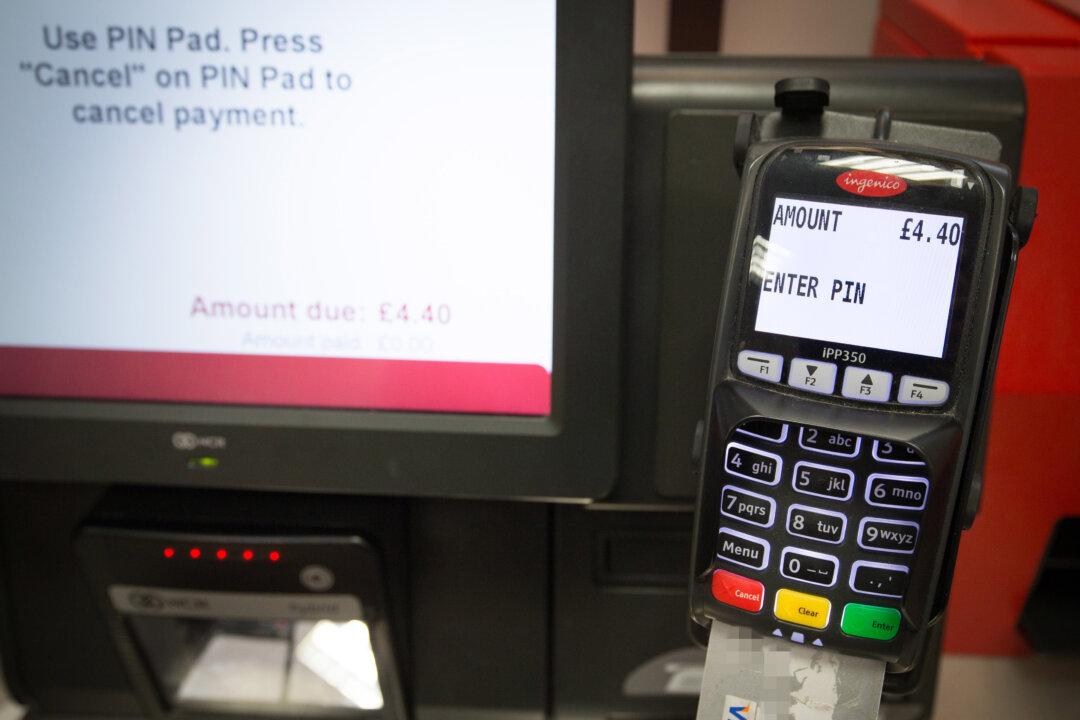The debate over the Cashless Debit Card—a measure started as a means to curb spending on alcohol in remote communities—has resurfaced in Australia following a review into its removal.
Originally proposed by Labor, it was later adopted by the Coalition in the form of trials in certain parts of Australia.





